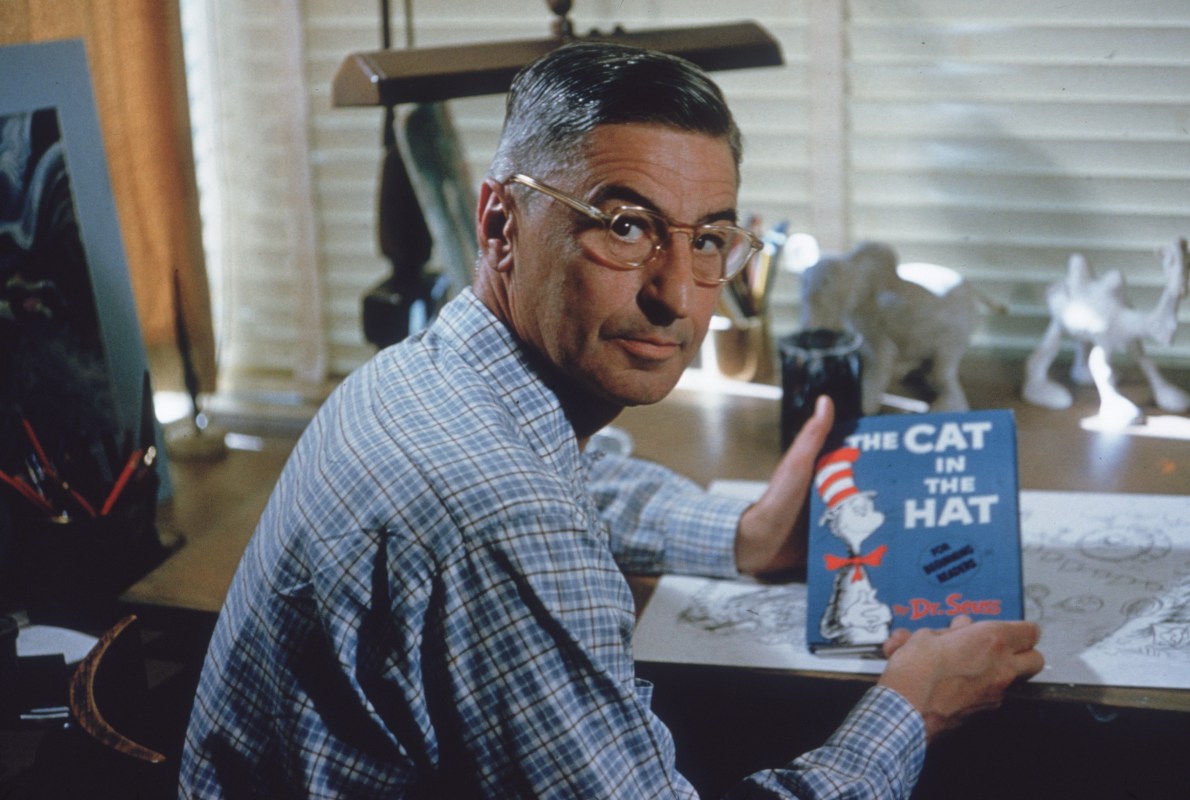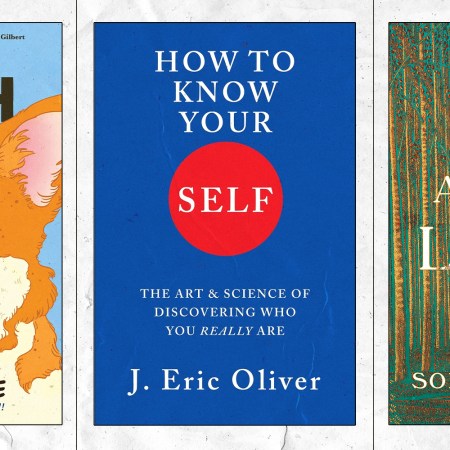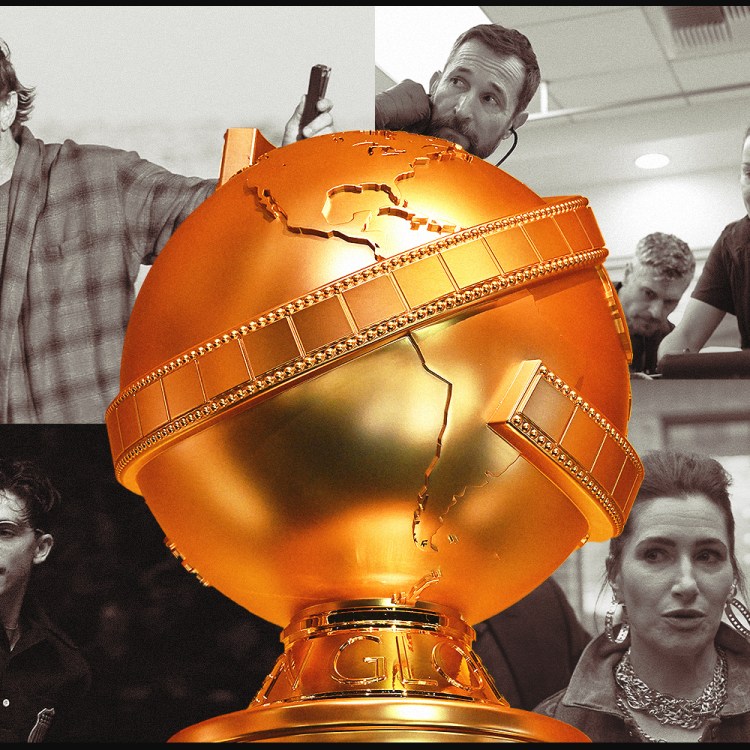Beloved children’s author Dr. Seuss — known properly as Theodor Seuss Geisel — knew how important children’s literature is in the grand scheme of education.
“Children’s reading and children’s thinking are the rock bottom base upon which this country will rise,” Geisel wrote in an editorial for The Los Angeles Times in 1960. “Or not rise. In these days of tension and confusion… books for children have a greater potential for good or evil, than any other form of literature on earth.”
The man who would become Dr. Seuss later in life began his career “as a hired hand,” according to I-Huei Go at The New Yorker, providing illustrations for publications and other people’s books. And though he was making a lucrative career for himself, Geisel knew his true calling was writing for kids.
“I’d like to say I got into children’s books because I had a burning passion, a great message to bring to the youth of the world,” he said in an interview late in his life.
There was also a need for Dr. Seuss as the standard method for teaching children how to read was deemed ridiculously dull and criticized as ineffective — see the Dick and Jane series — in its overly simple phrasing and bland illustrations. This debate over how best to teach kids eventually landed on the desk of the head of Houghton Mifflin, a textbook publisher, who then challenged Geisel to transform his whimsical story books into tools of literacy.
But there was a catch — Geisel, a man who used phrases like “howling mad hullaballoo” was restricted to a list of 350 pre-approved vocabulary words that were supplied by the publisher. What he came up with was The Cat in the Hat.
Editor’s Note: RealClearLife, a news and lifestyle publisher, is now a part of InsideHook. Together, we’ll be covering current events, pop culture, sports, travel, health and the world. Subscribe here for our free daily newsletter.
Thanks for reading InsideHook. Sign up for our daily newsletter and be in the know.


















